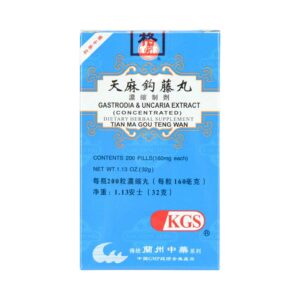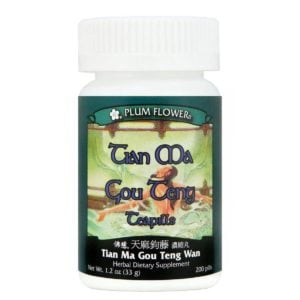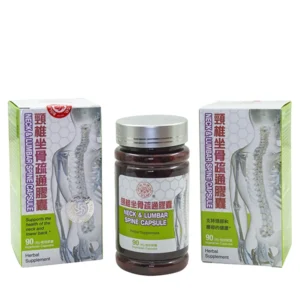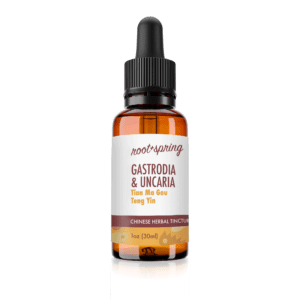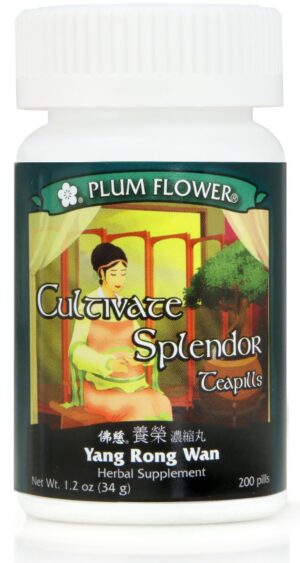Yi Mu Cao
English Name: leonurus, motherwort herb
Literal Translation: “good for women/mother herb”, “benefit mother herb”
Pharmaceutical Name: Herba Leonuri
Medica Category: Blood-Invigorating and Stasis-Removing Herbs
Properties: Yi Mu Cao enters the Heart, Liver, and Urinary Bladder channels; it is acrid and bitter in nature and cool in temperature.
What is Yi Mu Cao?:
The Chinese Herb Yi Mu Cao is the dried, aerial parts of Chinese motherwort (Leonurus heterophyllus Sweet; Leonurus japonicus), a flowering plant in the laminaceae (mint/sage) family native to broad swaths of East and Southeast Asia. It has a long tradition of use in TCM in addressing gynecological concerns (its name literally translates as “benefit mother herb”) and is considered one of the 50 fundamental herbs in Chinese Medicine.
The above-ground parts of this plant are collected in the summer when the plant is growing rapidly but has not bloomed. They are then dried for use as medicine.
Traditional Chinese Medicine (TCM) Therapeutic Actions of Yi Mu Cao:
Yi Mu Cao promotes blood circulation and removes blood stasis and is widely used to address such gynecological concerns as amenorrhea, dysregulated menses, menstrual pain, and postpartum uterine pain and bleeding.
Note for students/practitioners: Yi Mu Cao regulates blood in the chong (thoroughfare) channel without damaging the qi or blood; it also builds blood without causing stagnation.
Yi Mu Cao promotes urination and reduces swelling and is used clinically to address dysuria and edema (related to chronic nephritis hindering the body’s ability to filter and move water out through the urine).
Yi Mu Cao clears heat and eliminates toxins and can be used internally or externally to address eczema, sores, lesions, and ulcers.
–safety notes:
Use with extreme caution during pregnancy as this herb has a stimulating effect on the uterus.
Contraindicated in cases of yin deficiency, blood deficiency, and yang deficiency with prolapse.
Use with caution for patients taking anticoagulants such as heparin, warfarin (Coumadin) and enoxaparin (Lovenox) or antiplatelet drugs such as aspirin, dipyridamole (Persantine) and clopidogrel (Plavix) as concurrent use may have an additive or synergistic effect.

